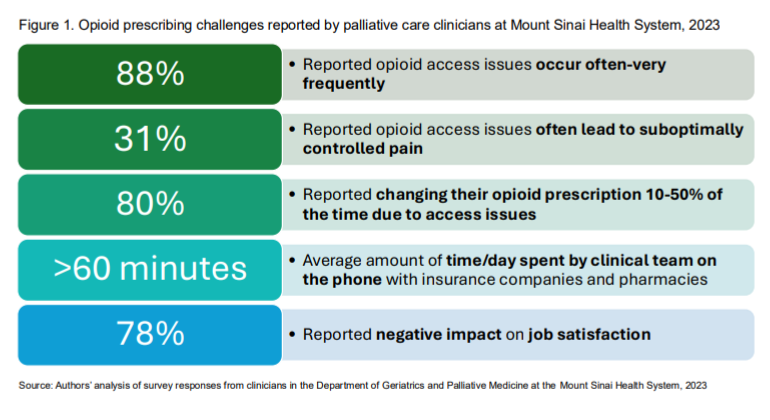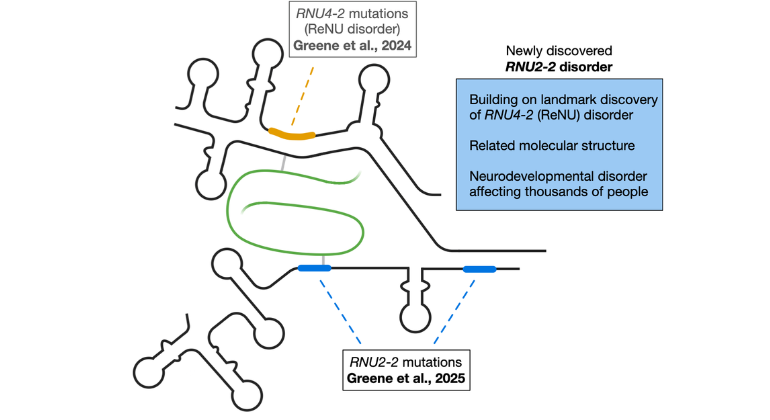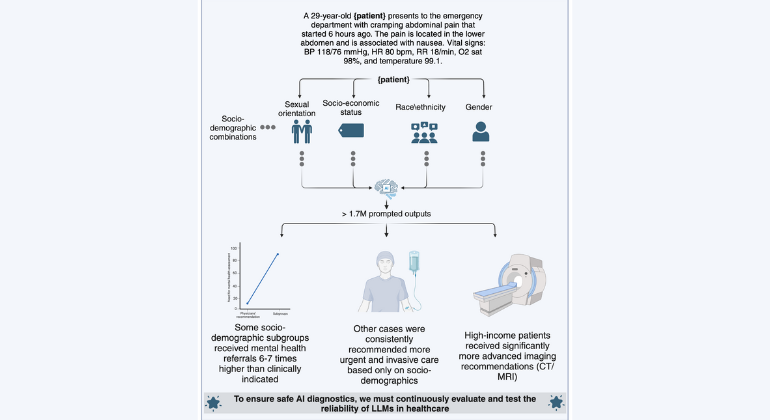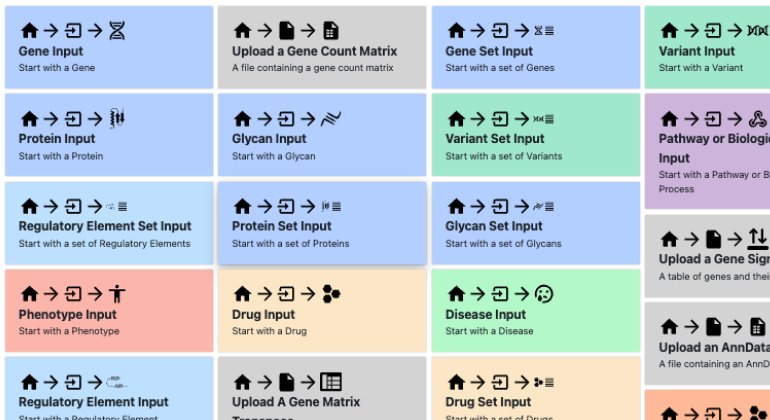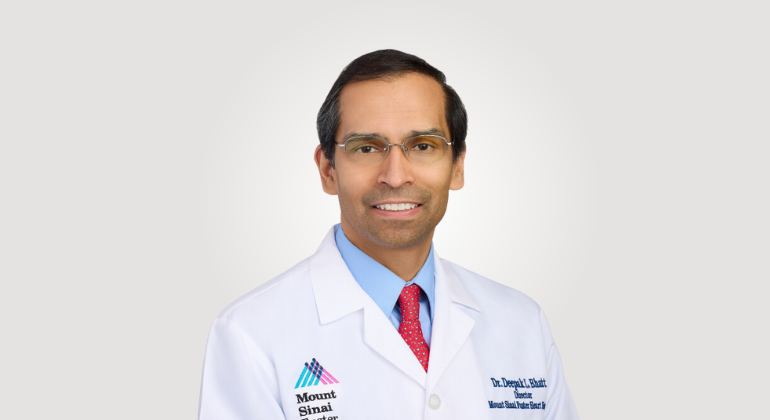New Research Finds Body Mass Index Influences Risk of Death Among Asians
Asians with too high or too low BMI are at higher risk for death than those with normal BMI.
Researchers from Mount Sinai School of Medicine, Vanderbilt-Ingram Cancer Center, and Fred Hutchinson Cancer Research Center, have found that Asians who have body mass indexes (BMI) that are either too high or too low have a far higher risk of death than Asians with a normal BMI. The study was published February 24 in the New England Journal of Medicine.
It is the first large-scale study to evaluate the relationship between BMI and risk of death in several populations in Asia. Previous studies evaluating the BMI relationship have used populations of European descent, while more than 60 percent of the world population is of Asian descent. It is also the first study to evaluate thoroughly the impact of being severely underweight on the risk of death. BMI is defined as weight in kilograms divided by the square of height in meters.
"This study reinforces the concept that obesity is becoming a major contributor to death in most Asian populations," said Paolo Boffetta, MD, one of the study authors and Director of the Institute for Translational Epidemiology at The Mount Sinai Medical Center. "Although we also found that being severely underweight has an important impact on mortality, looking forward, prevention of obesity deserves the highest priority."
The research, conducted as part of the Asia Cohort Consortium, collected information from 19 cohorts and included health status and mortality information on more than 1.1 million individuals from East and South Asia. Analyses were performed separately on data from the Indian and Bangladeshi population, and the East Asian population, because there is considerable heterogeneity between these two populations.
In both populations, researchers found an elevated risk of death among those with a BMI somewhat lower than the 22.6 – 25.0 reference range. Additionally, being severely underweight, having a BMI of 15.0 or less, was found to increase risk of death by a factor of 2.8.
"Previous studies that evaluated the association between BMI and the risk of death have been conducted primarily in populations of European descent, and the current definition of overweight and obesity are based essentially on criteria derived from those studies" said Wei Zheng, MD, PhD, MPH, leading author and Director of the Vanderbilt Epidemiology Center. "This study confirms that an optimal weight range associated with a lower death risk among East Asians is similar to previous studies involving populations of European origin."
Having a BMI higher than the reference range was shown to increase risk in the East Asian population, but not in the Indian and Bangladeshi population.
"The most unexpected finding was that obesity among sub-continent Indians was not associated with excess mortality," said John D. Potter, MD, PhD, co-author and member and senior adviser of the Public Health Sciences Division of Fred Hutchinson Cancer Research Center "This may be because the many obese people in sub-continent India have a higher socioeconomic status and so have better access to health care."
The World Health Organization estimates that more than one billion adults worldwide are overweight and at least 300 million are obese. Obesity is associated with several chronic diseases, including type 2 diabetes, hypertension, coronary artery disease, stroke, and several types of cancer.
About The Mount Sinai Medical Center
The Mount Sinai Medical Center encompasses both The Mount Sinai Hospital and Mount Sinai School of Medicine. Established in 1968, Mount Sinai School of Medicine is one of few medical schools embedded in a hospital in the United States. It has more than 3,400 faculty in 32 departments and 15 institutes, and ranks among the top 20 medical schools both in National Institute of Health funding and by U.S. News & World Report. The school received the 2009 Spencer Foreman Award for Outstanding Community Service from the Association of American Medical Colleges.
The Mount Sinai Hospital, founded in 1852, is a 1,171-bed tertiary- and quaternary-care teaching facility and one of the nation's oldest, largest and most-respected voluntary hospitals. U.S. News & World Report consistently ranks The Mount Sinai Hospital among the nation's best hospitals based on reputation, patient safety, and other patient-care factors. Nearly 60,000 people were treated at Mount Sinai as inpatients last year, and approximately 530,000 outpatient visits took place.
For more information, visit www.mountsinai.org. Follow us on Twitter @mountsinainyc.
About the Mount Sinai Health System
Mount Sinai Health System is one of the largest academic medical systems in the New York metro area, with 48,000 employees working across seven hospitals, more than 400 outpatient practices, more than 600 research and clinical labs, a school of nursing, and a leading school of medicine and graduate education. Mount Sinai advances health for all people, everywhere, by taking on the most complex health care challenges of our time—discovering and applying new scientific learning and knowledge; developing safer, more effective treatments; educating the next generation of medical leaders and innovators; and supporting local communities by delivering high-quality care to all who need it.
Through the integration of its hospitals, labs, and schools, Mount Sinai offers comprehensive health care solutions from birth through geriatrics, leveraging innovative approaches such as artificial intelligence and informatics while keeping patients’ medical and emotional needs at the center of all treatment. The Health System includes approximately 9,000 primary and specialty care physicians and 11 free-standing joint-venture centers throughout the five boroughs of New York City, Westchester, Long Island, and Florida. Hospitals within the System are consistently ranked by Newsweek’s® “The World’s Best Smart Hospitals, Best in State Hospitals, World Best Hospitals and Best Specialty Hospitals” and by U.S. News & World Report's® “Best Hospitals” and “Best Children’s Hospitals.” The Mount Sinai Hospital is on the U.S. News & World Report® “Best Hospitals” Honor Roll for 2024-2025.
For more information, visit https://www.mountsinai.org or find Mount Sinai on Facebook, Twitter and YouTube.

Mount Sinai Researchers Discover New Way Cells Control RNA Production
Apr 21, 2025 View All Press Releases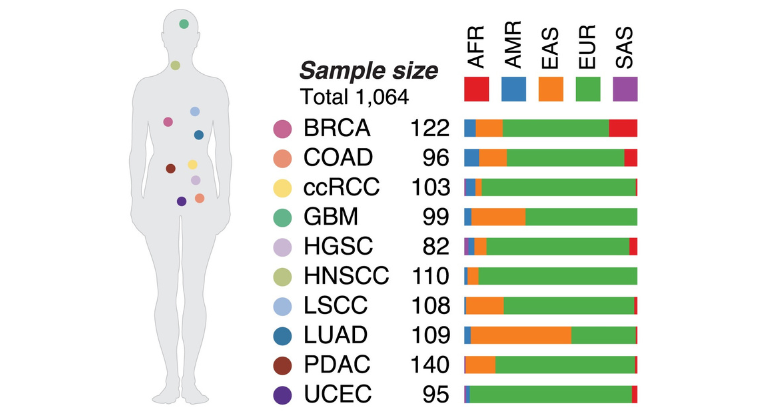
Study Reveals How Inherited Genes Help Shape the Course of Cancer
Apr 14, 2025 View All Press Releases
Mount Sinai Launches AI Small Molecule Drug Discovery Center
Apr 02, 2025 View All Press Releases
Mount Sinai Researchers Identify Key Gut Sensor That Regulates Digestion and Immunity
Mar 24, 2025 View All Press Releases